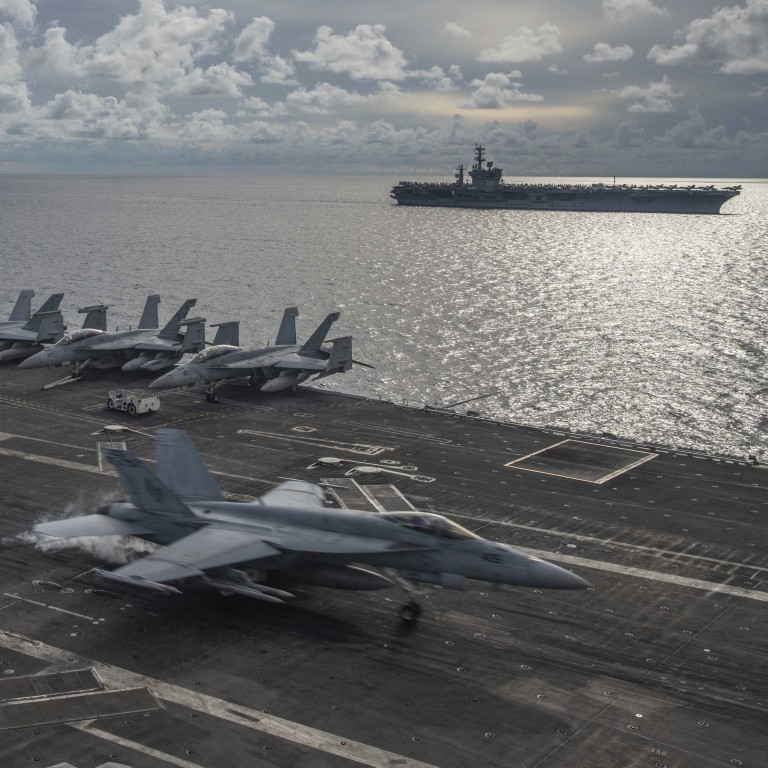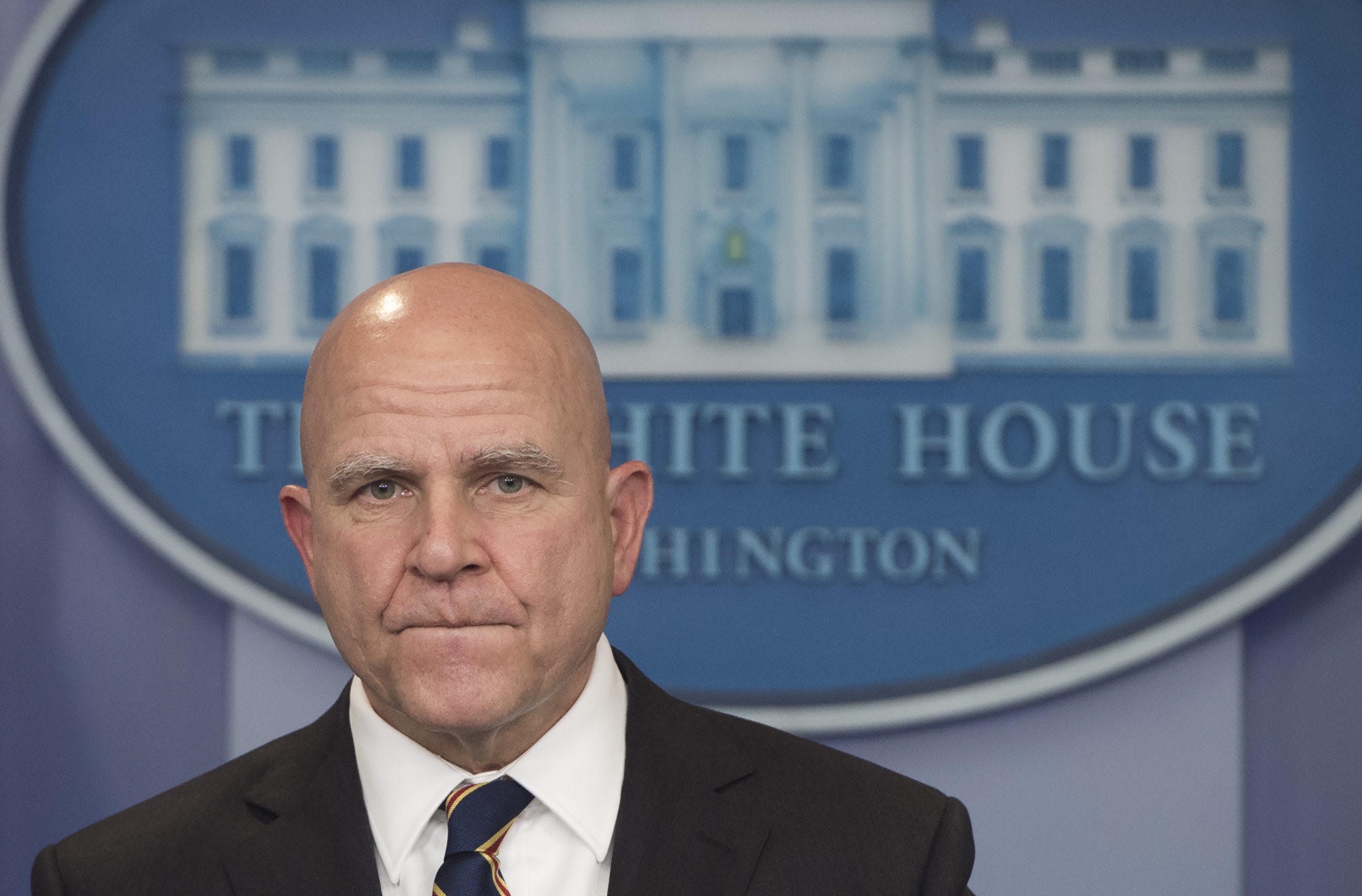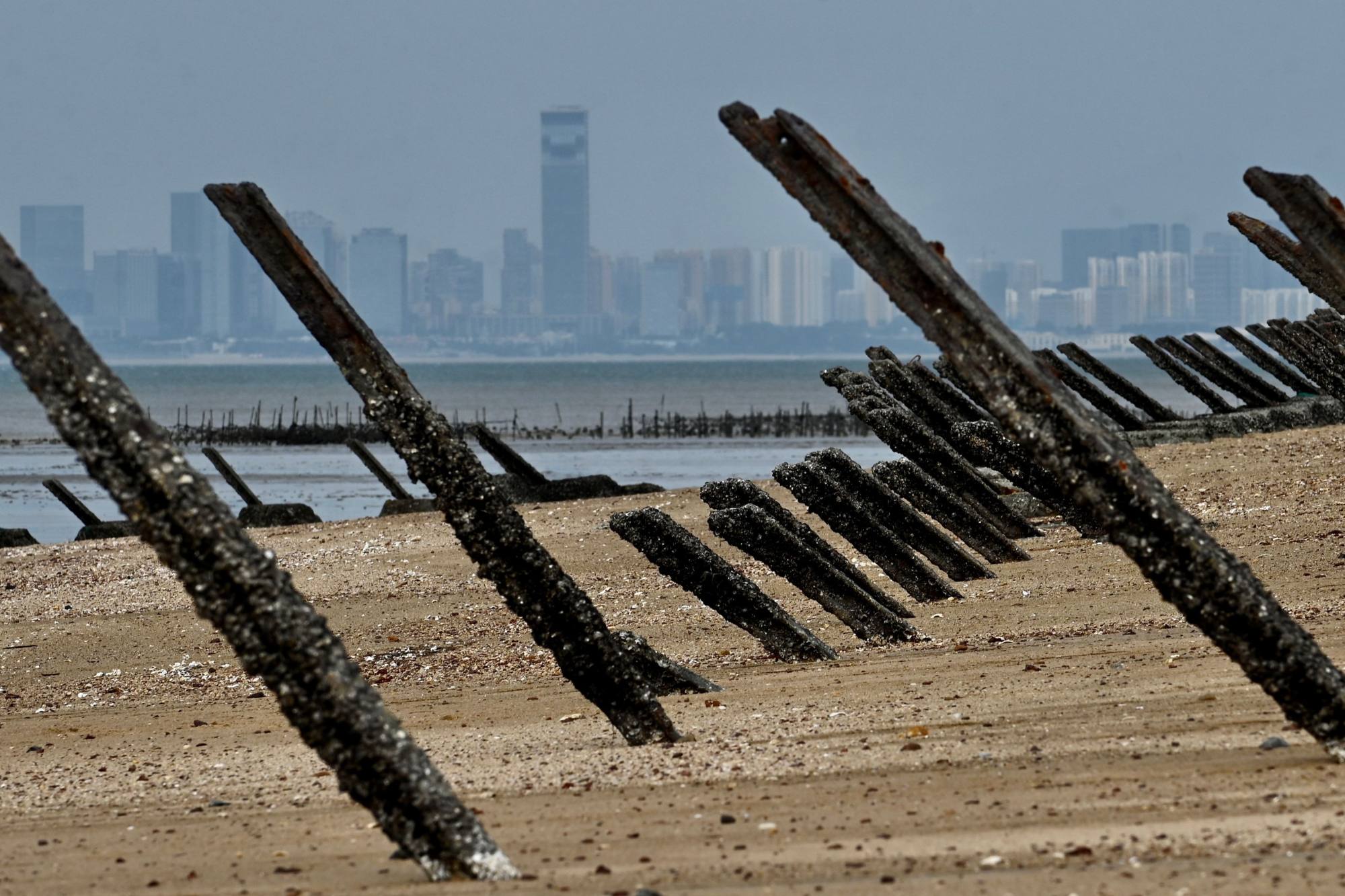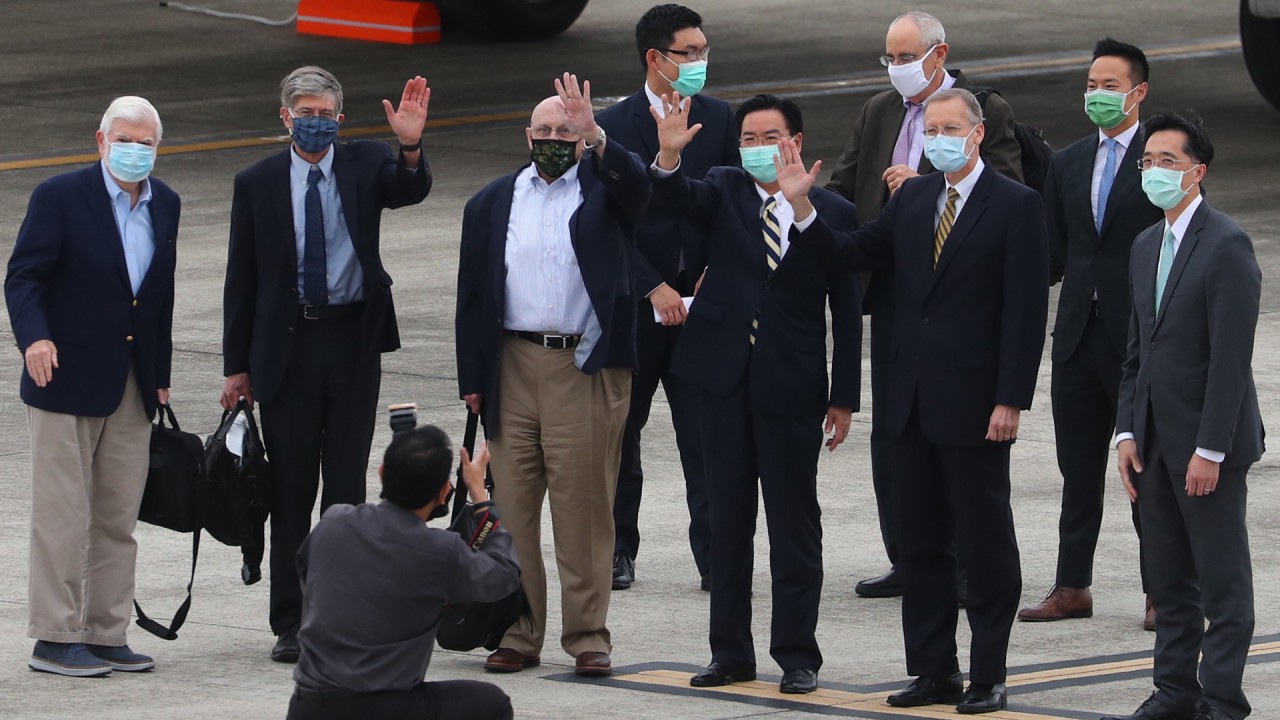
US may have to keep China guessing over Taiwan, says former Nato commander
- James Stavridis says any changes to the policy of ‘strategic ambiguity’ would be challenging and it is unclear how the US public would respond to a firmer commitment to defend the island
- Chinese military exercises have intensified the debate over whether the US should shift to ‘strategic clarity’ in the hope of deterring an invasion
The US will find it hard to change its deliberate ambiguity over whether it will come to Taiwan’s defence, a former Nato commander has said.
The US has long refrained from outlining how it would respond in a potential war between Taiwan and mainland China in the hope that the uncertainty will force Beijing to stay cautious and discourage Taipei from declaring independence.

James Stavridis, a retired US Navy admiral who was Nato’s supreme allied commander in Europe between 2009 and 2013, said the question of whether to move to “strategic clarity” was complex.
“The ‘pros’ are principally that it would hopefully add further deterrence to the Chinese calculus if they knew that the US would conduct combat operations to defend Taiwan. But the ‘cons’ are that it is unclear what the US public would feel about such a strong commitment.”
He added that at the moment, the Biden administration was likely to continue a policy of strategic ambiguity.
China-US tension: state media reports amphibious landing drill after US senators land on Taiwan
Shirley Kan, an Asian security affairs specialist and advisory board member at the Global Taiwan Institute think tank, said a similar debate was held after the 1995-1996 Taiwan Strait crisis, when mainland China conducted missile tests ahead of the island’s first democratic election in 1996.
Tensions were eased following US intervention, which included stationing aircraft carriers near the Taiwan Strait to show its support for the island.
Kan said one of the reasons for the US to move from “strategic ambiguity” to what she described as “strategic success” was that the current policy lacked an objective.
“Our strategy needs an objective. Policymakers merely tread water in calling for a ‘peaceful resolution’,” Kan wrote in a research note for the institute.
“The strategic aim should be a strong and democratic Taiwan, so that it deters the People’s Liberation Army, remains a force for freedom in the global balance of power, and survives as a legitimate member in the international community.”

Stavridis warned of the risk of cross-strait conflict as China pushes to become a global superpower. Beijing regards Taiwan as a breakaway province that must eventually be reunited with the mainland, by force if necessary.
The US, Japan, Australia and the European Union have recently made references to Taiwan in high-level statements, with current and former American and Japanese politicians calling for firm commitments to the island’s defence, as Beijing increases its military exercises.
“The US is clearly moving closer to Taiwan, and that will manifest in increased advanced weapons sales, better access to intelligence and information, additional cybersecurity, training and exercises, high level visits and exchanges,” Stavridis told the Post.
“All of which might well be called a ‘porcupine strategy’.”
According to Sidharth Kaushal, from the British security think tank Royal United Services Institute, a “porcupine strategy” involves fortifying a weak state to make an attack too difficult and painful for a larger power.
Beijing vows to protect national unity ‘at all costs’ after US senators’ Taiwan visit
Taiwan has been reorienting its military strategy to prepare for “asymmetric warfare”, recognising that the Chinese military has made overwhelming advances – in the number of personnel and in developing weaponry – over its armed forces. Indeed, mainland leaders including Hu Jintao and Xi Jinping have pushed for the People’s Liberation Army to modernise and become “world class” by 2049.
“The focus has shifted from enabling Taiwan to sort of contest for dominance in the strait to almost the approach that we’ve seen insurgents like the Houthis take in Yemen, where they’ve made life quite difficult for a much stronger Saudi coalition with things like unmanned aerial vehicles and cruise missiles themselves,” said Kaushal, who specialises in maritime security.
Some studies estimate that taking out a relatively small percentage of any amphibious attack force would make a sea-borne invasion of Taiwan difficult if not impossible, according to Kaushal.
Taipei’s strategy for asymmetric warfare is its “Overall Defense Concept”, which one of its architects, former Taiwan defence chief Lee Hsi-min, described as a “large number of small things”, in a column he wrote for The Diplomat magazine in November.

Lee argued that procuring cheaper and more portable weapons such as unmanned aerial vehicles, harpoon missile defence systems, and others that could strengthen the capability to fight a guerilla war should be prioritised.
Stavridis said that while the hope remains that China will not attempt a reunification by force, the US still needs to plan for all possibilities.
“I hope … they are not ‘prioritising reunification in the near term’. But hope is never a good strategy. So the US should prepare for the chance that there might be a move in the five-year future,” he said.


